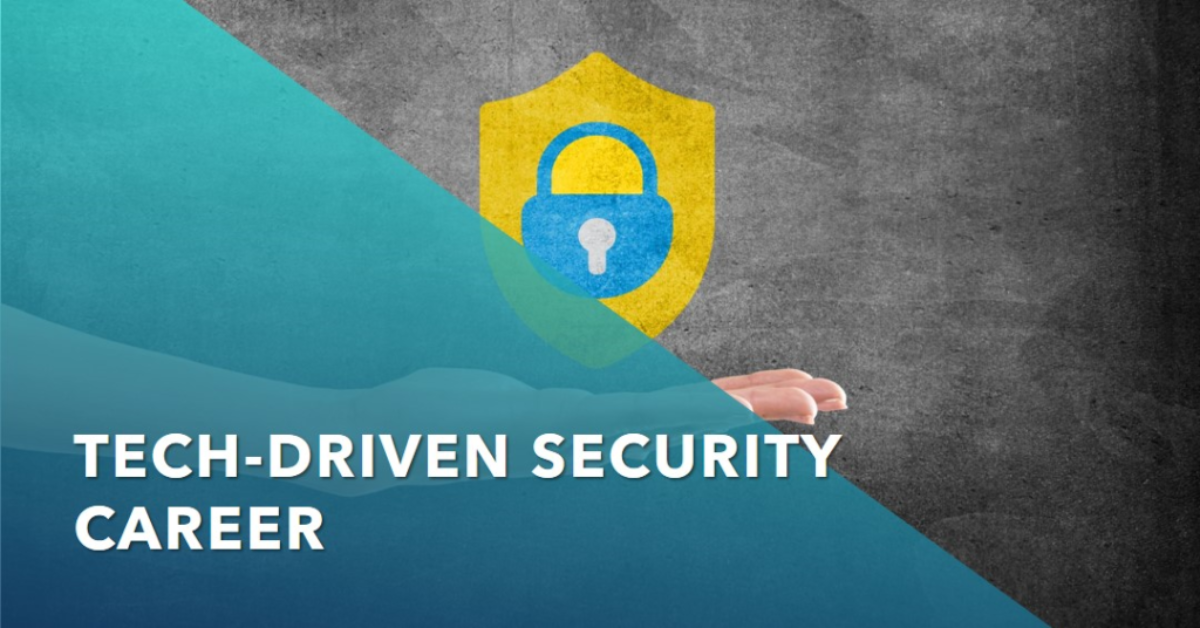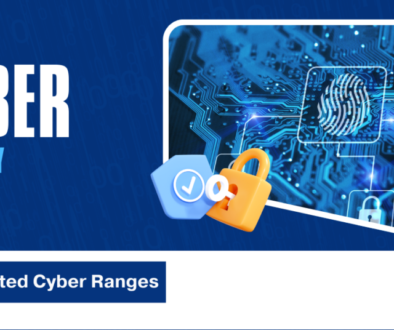Building a Career in Tech-Driven Security: Skills You Need to Succeed
In today’s digital age, the demand for security professionals has never been higher. As technology becomes part of daily life, we rely more on digital systems. This is true for businesses, governments, and individuals.
As we rely more on digital systems, cyber threats grow. A career in tech-driven security requires a mix of skills. You need technical expertise and strategic thinking. You must also stay updated on evolving security trends.
The Importance of Advanced Education in Intelligence and Security
A high-level education is key to a successful career in tech-driven security. As the field grows, employers want candidates who understand intelligence and security. They value this more than basic technical skills.
Formal education in this area helps professionals. It gives them the knowledge to complement their hands-on experience.
Advanced education programs aim to give students skills. They must analyze, predict, and respond to security threats in a changing world.
Also, students learn the ethical issues of security strategies. They also learn to manage complex security infrastructures.
Beyond technical skills, professionals must know global security trends. They develop a long-term plan of action. As cyber threats grow more complex, we must expect future risks. Proactive security measures are now invaluable.
A key way to gain these skills is to pursue a master’s degree in intelligence and security studies online. The program is flexible and provides a comprehensive education for high-level security roles.
Also, online degrees let professionals balance work with their studies. This helps them advance their careers without sacrificing their current responsibilities.
Technical Skills Required for Tech-Driven Security
A career in tech-driven security requires specific skills. They are vital for spotting and reducing cyber threats. With cybercrime on the rise, pros must know the latest security tech and strategies.
One of the core technical skills in this field is network security. Pros need to know how networks work. They must protect them from unauthorized access, malware, and other cyber threats. Tools to secure networks include firewalls, IDS, and encryption protocols.
Another vital skill is skill in cybersecurity frameworks. These include NIST and ISO. They represent U.S. standards, while others represent international standards. These frameworks guide the management and improvement of cybersecurity. They help organizations follow security standards.
Ethical hacking, or penetration testing, is vital in tech security. Security pros often simulate cyberattacks on networks and systems. They do this to find vulnerabilities before hackers exploit them.
Ethical hacking demands a deep knowledge of coding, security tools, and hacking techniques. This lets pros think like attackers and improve security defenses.
Soft Skills That Drive Success in Security Careers
Soft skills are also key to a tech-driven security career. While technical skills matter, they alone won’t ensure success. Many security roles must both technical skills and people skills.
Communication is one of the most valuable soft skills in the security field. Security pros must explain complex issues to non-experts, like executives, employees, and clients.
Clear communication ensures everyone knows and can follow security protocols.
Problem-solving is another essential skill. Security professionals often face unexpected challenges. They need swift minds to settle these problems. It means to analyze potential threats. Then, develop and implement solutions to reduce risks.
Field conditions change constantly, so flexibility is essential. Cyber threats are always changing. Security professionals must adjust their strategies. Continuous learning helps people stay ahead and keep their skills up to date.
Adapting to Emerging Technologies in Security
In tech-driven security, adapting to new technologies is vital for success. AI, machine learning, and blockchain are key to security. Pros must use them in their strategies.
AI and machine learning pervade threat detection and response systems globally. These technologies can analyze huge data sets in real time. They can find patterns and potential vulnerabilities that human analysts may miss. AI-driven tools can help fight evolving cyber threats. They learn and improve based on new data. So, professionals who use them will be better equipped.
Also, blockchain technology is shaking up data security. It offers decentralized, tamper-proof solutions that boost transparency and trust. Security professionals must understand blockchain. It is key to protecting sensitive data in finance and healthcare. Blockchain can secure data storage and process transactions.
Keeping up with technology boosts a security professional’s skills. It maintains their significance amidst shifting industry landscapes. To succeed in the tech-driven security landscape, be proactive. Master new tools.
The Growing Demand for Tech-Driven Security Professionals
As digital transformation speeds up, the need for skilled security professionals grows. In fact, cybersecurity has become one of the fastest-growing sectors globally.
Industry reports say the cybersecurity market will hit $403 billion by 2027. This shows the big opportunity for newcomers in the field.
Many industries need tech-driven security professionals. This includes finance, healthcare, retail, and government. Each sector has unique security challenges. Experts can help protect sensitive data and systems.
In finance, digital banking and online payments have increased cyberattacks on sensitive data. Security professionals are vital. They must implement strong security measures. They protect customers’ data and financial assets.
EHRs and telemedicine are now common. They raise the need for better security to protect patient data. Professionals who understand the complexities of healthcare security can help mitigate risks and ensure the safe handling of sensitive health data.
In short, a tech-security career needs technical skills and a degree. It also requires continuous learning. As the digital world evolves, security experts must outpace new threats. They must develop new skills and strategies.
Advanced education provides the skills and credentials to succeed in this competitive field.
There are great opportunities for those who want to make a difference. There is a high demand for tech-savvy security experts. Security pros can build successful careers with a strong mix of skills. They need both technical and soft skills. They can also protect organizations from the constant risks of the digital world.



